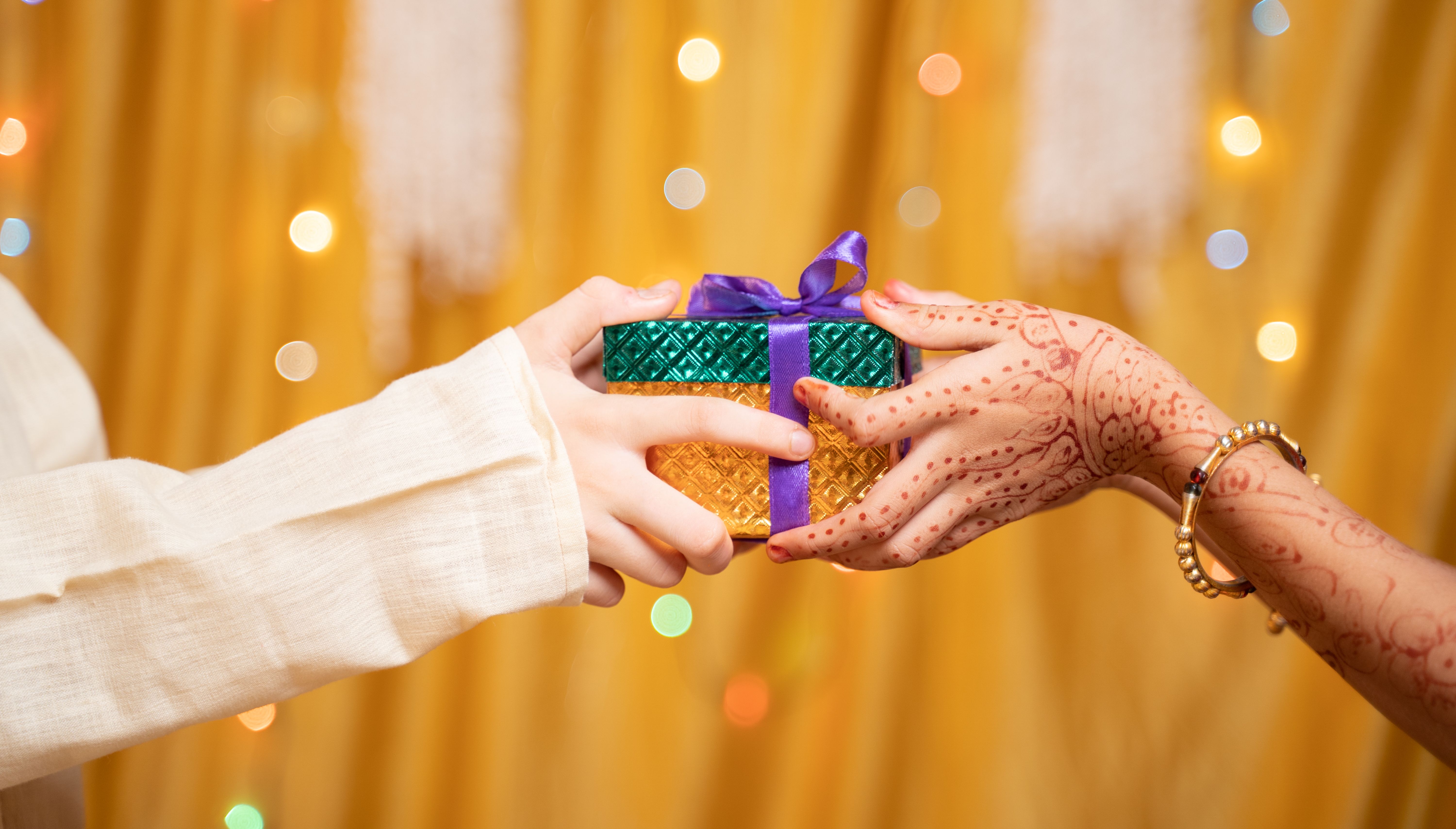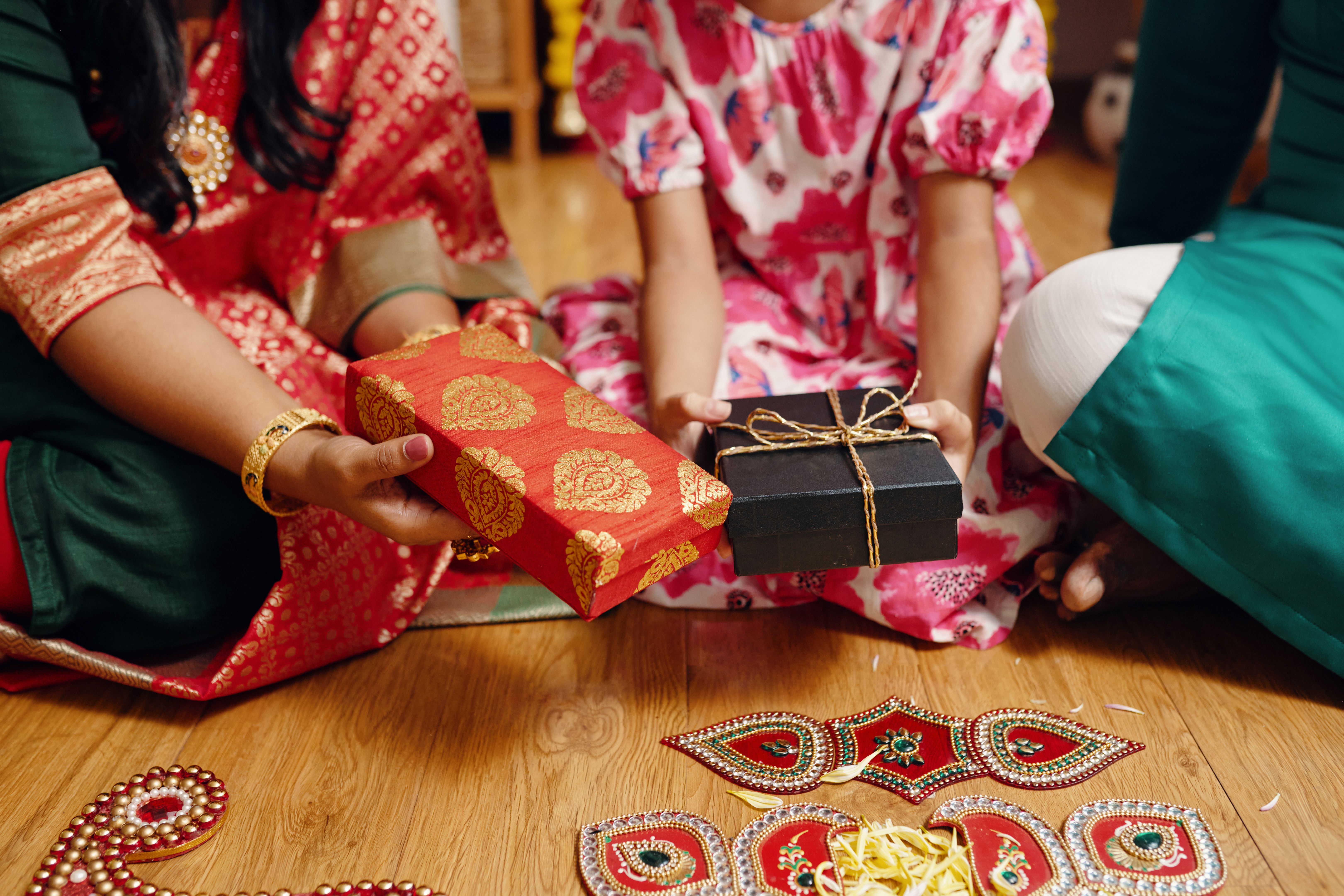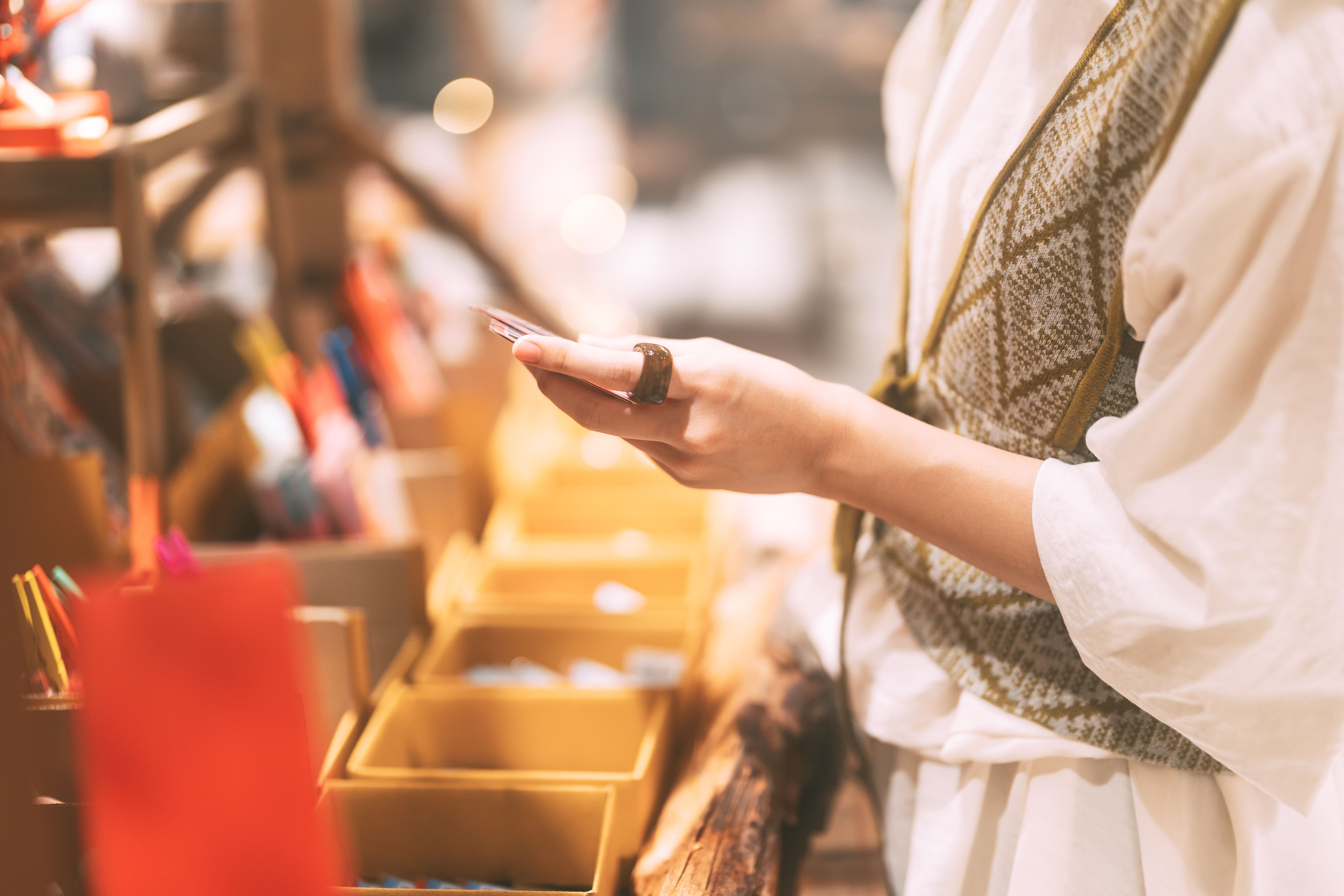Exploring the History and Traditions of Gift Giving
MR
The Origins of Gift Giving
The tradition of gift giving is as ancient as civilization itself, with roots tracing back to prehistoric times. Early humans would offer gifts such as rocks, animal teeth, and food as a gesture of goodwill and to strengthen social bonds within tribes. These rudimentary exchanges laid the groundwork for the more intricate customs we observe today.
In ancient Egypt, gifts were integral to religious ceremonies and were often presented to pharaohs or gods as a sign of piety. Similarly, in ancient Rome, gifts were exchanged during the festival of Saturnalia—a celebration that many historians believe has influenced modern Christmas traditions.

Gift Giving Across Cultures
Gift giving varies widely across cultures, each with its unique customs and significance. In Japan, for instance, the practice of "Omiyage" involves bringing back local specialties from travels as gifts for friends and family. This tradition emphasizes the importance of thoughtfulness and consideration in choosing the perfect present.
In India, the festival of Diwali is marked by exchanging sweets and gifts, symbolizing goodwill and prosperity. This festive season is an opportunity to strengthen familial ties and friendships through thoughtful exchanges.

The Psychology Behind Gift Giving
Gift giving is not just a cultural or historical practice; it also has psychological underpinnings. The act of giving stimulates feelings of happiness and satisfaction in both the giver and the recipient. This is often referred to as the "helper's high," a phenomenon where the act of helping others boosts the mood of the helper.
Moreover, gifts serve as a means of communication, conveying messages of love, appreciation, or apology. They play a crucial role in maintaining relationships, demonstrating thoughtfulness and care for others.

The Evolution of Gift Giving
Over the centuries, the tradition of gift giving has evolved significantly. During the Victorian era, elaborate gifts were exchanged among the wealthy as a reflection of social status. In contrast, today's gift-giving practices are more focused on personal connections and meaningful gestures rather than mere material value.
The digital age has further transformed how we give gifts. The rise of e-commerce and online shopping has made it easier than ever to find unique presents from around the world, allowing individuals to express their sentiments in new and creative ways.

The Art of Choosing the Perfect Gift
Selecting the perfect gift can be both an art and a science. It involves understanding the recipient's preferences and interests while also considering the occasion. Personalized gifts are especially popular, as they demonstrate a deep level of thoughtfulness and care.
When choosing a gift, consider factors such as utility, emotional value, and personal significance. A well-chosen gift can create lasting memories and deepen relationships.

Gift Giving in the Modern World
In today's globalized world, gift giving continues to be an essential part of human interaction. Despite changes in how we communicate and connect with others, the fundamental principles of generosity and thoughtfulness remain unchanged.
Whether it's a small token of appreciation or an elaborate present, gifts have the power to convey emotions and strengthen bonds. As we continue to embrace new traditions and technologies, the spirit of gift giving lives on as a timeless expression of human connection.